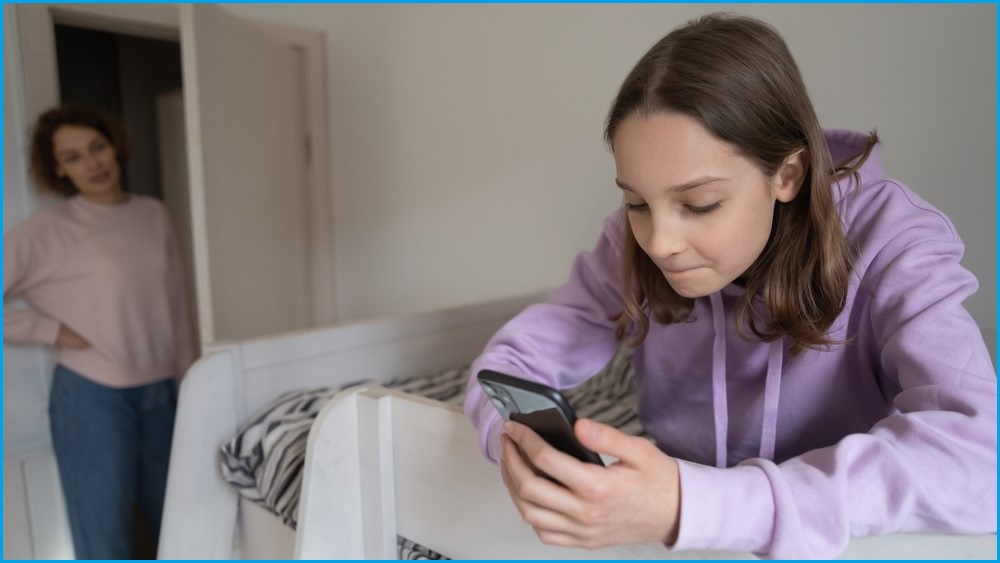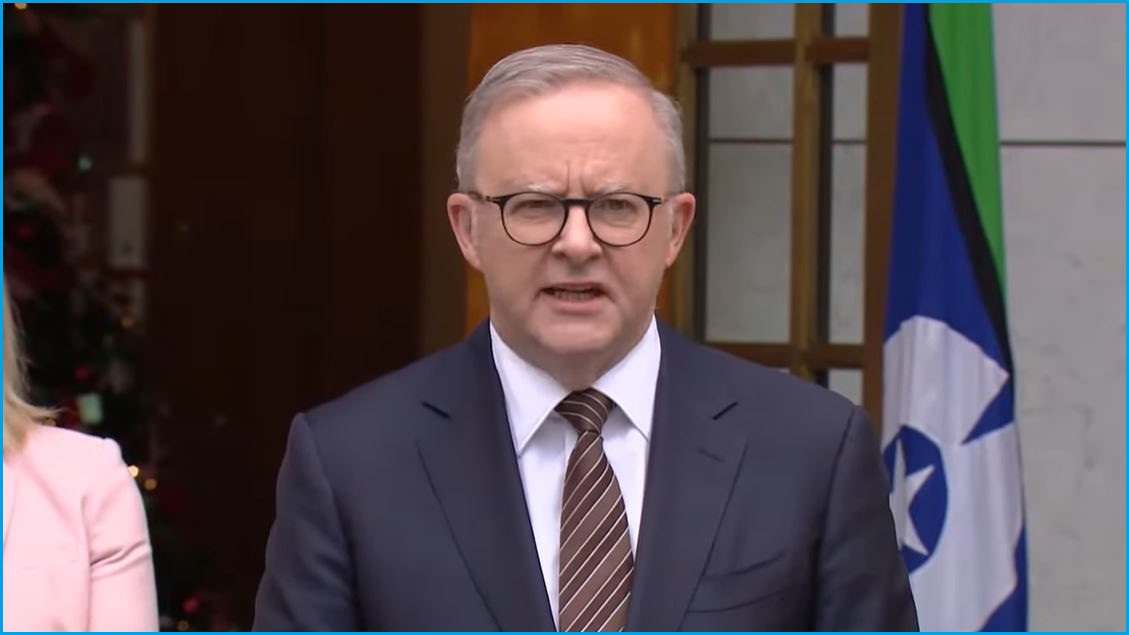Australians under the age of 16 will be banned from holding social media accounts after contentious federal government legislation was passed by the Senate on Thursday night with support from the opposition.
It means all Australian social media users will need to have their age verified to use certain digital platforms, after the law comes into effect within the next 12 months.
The bill, which passed the House of Representatives on Wednesday, will see platforms such as X, TikTok, Snapchat, Reddit, Instagram, and Facebook face fines of up to $49.5 million for systemic failures to prevent children from holding accounts, or for failing to destroy age verification data.
The law has created fierce debate between privacy, digital media, and child health experts over the potential benefits and harms of social media.
Speaking at a press conference on Friday, Prime Minister Anthony Albanese said the legislation would lead to “better outcomes and less harm for young Australians”.
“We’ve got your back, is our message for Australian parents,” he said.
Asked if the government had things “the wrong way round” by passing the legislation before working with social media companies on how it would be implemented, Albanese said the laws were passed to “send a message” about the government’s intentions.
“What we’ve done is world-leading,” he said.
“We’ll work to make sure that it’s got right, but the legislation is very clear.
“We don’t argue that its implementation will be perfect, just like the alcohol ban for under-18s doesn’t mean someone under 18 never has access — but we know it’s the right thing to do.”
Opposition spokesperson for communications, David Coleman, argued the legislation passed after the Coalition “negotiated changes which strengthened rules around privacy”.
“Under our changes, people cannot be compelled to provide Digital ID, or government-issued identity documents such as drivers licences or passports,” he said.
The Greens condemned the passage of the bill, with communications spokesperson Sarah Hanson-Young calling it "a sham bill that’s been through a sham process".
“What we’ve witnessed this week is boomers trying to tell young people how the internet should work," she said.
"Yet these boomers clearly have no idea how young people engage with the internet."
A final report from the government’s age assurance trial, which is likely to test technologies such as facial biometrics, is expected to be produced by UK-based organisation Age Check Certification Scheme (ACCS) by mid-2025.

Australians under the age of 16 will be banned from holding social media accounts. Photo: Shutterstock
Meta alleges ‘a predetermined process’
US tech giant Meta, which owns Facebook, Instagram, and Threads, said it was concerned the government had “rushed the legislation through while failing to properly consider the evidence”.
The company suggested the bill’s passing was “a predetermined process”, given a committee last week declined to back a social media age limit, before a separate committee which allowed only one day for public submissions found that social media caused harm to children.
“The task now turns to ensuring there is productive consultation on all rules associated with the bill to ensure a technically feasible outcome that does not place an onerous burden on parents and teens and a commitment that rules will be consistently applied across all social apps used by teens,” a Meta spokesperson said.
The company reiterated its suggestion that age could be verified at the level of a device’s operating system and app store, which would put the onus on device manufacturers such as Apple, Samsung, and Google.
The Digital Industry Group Inc. (DIGI), which counts the likes of Meta, TikTok, X, and Snapchat's parent company Snap among its members, said there were still “hard questions” about how the laws would be implemented, and more consultation was needed.
“While there are technical and privacy questions, the most important questions are those relating to the safety of young people,” said DIGI managing director Sunita Bose.
“The social media ban could push young people into darker, less safe corners of the Internet that do not have the safety guardrails that exist on mainstream platforms.
“As Australia bans social media for young people, parents should be aware that significant risks will still be present in the range of online content that sits outside of the mainstream social media platforms.”
The bill has allowed exemptions for some platforms which provide “messaging, online gaming, and services and apps that are primarily for the purposes of education and health support – like Headspace, Kids Helpline, Google Classroom and YouTube”, the government said.
Some platforms would also still be able to be accessed by anyone without an account.
DIGI welcomed changes to Australia’s privacy laws on Thursday, which sought to better protect children’s online privacy and introduced criminal penalties for doxxing.
The Senate passed a whopping 45 bills this week — 31 on Thursday alone — but the prime minister said he was not clearing the decks for an early election.










